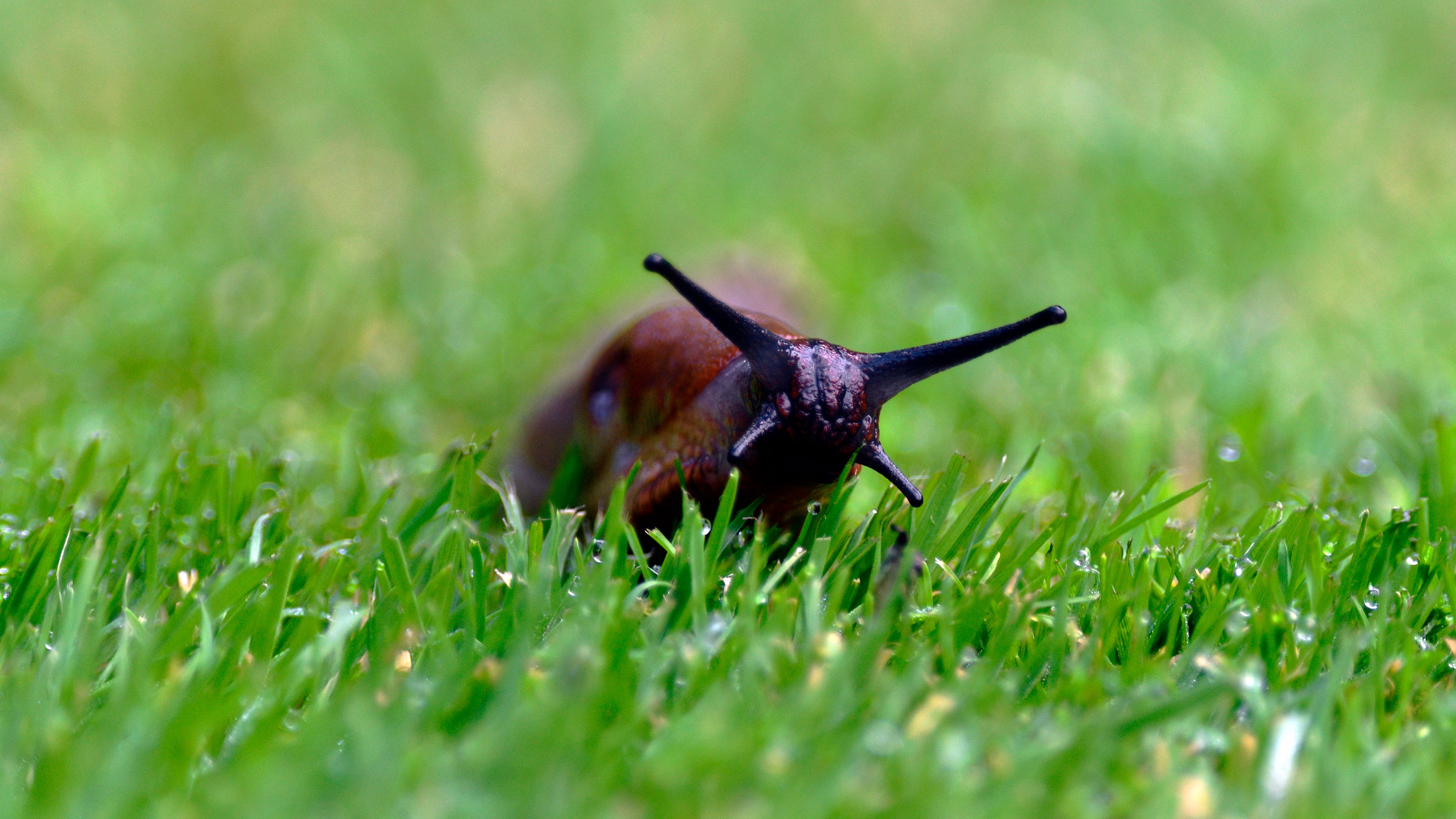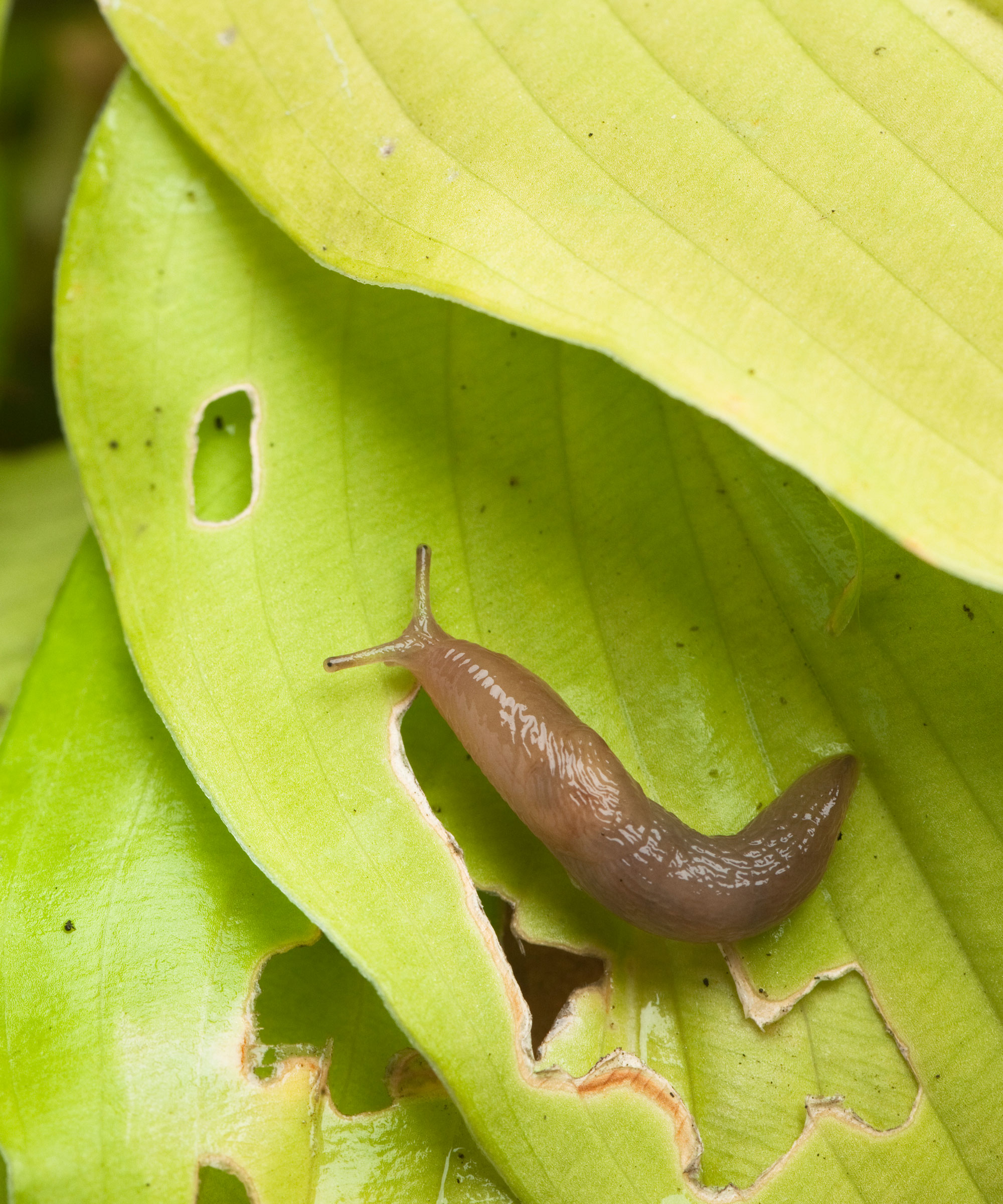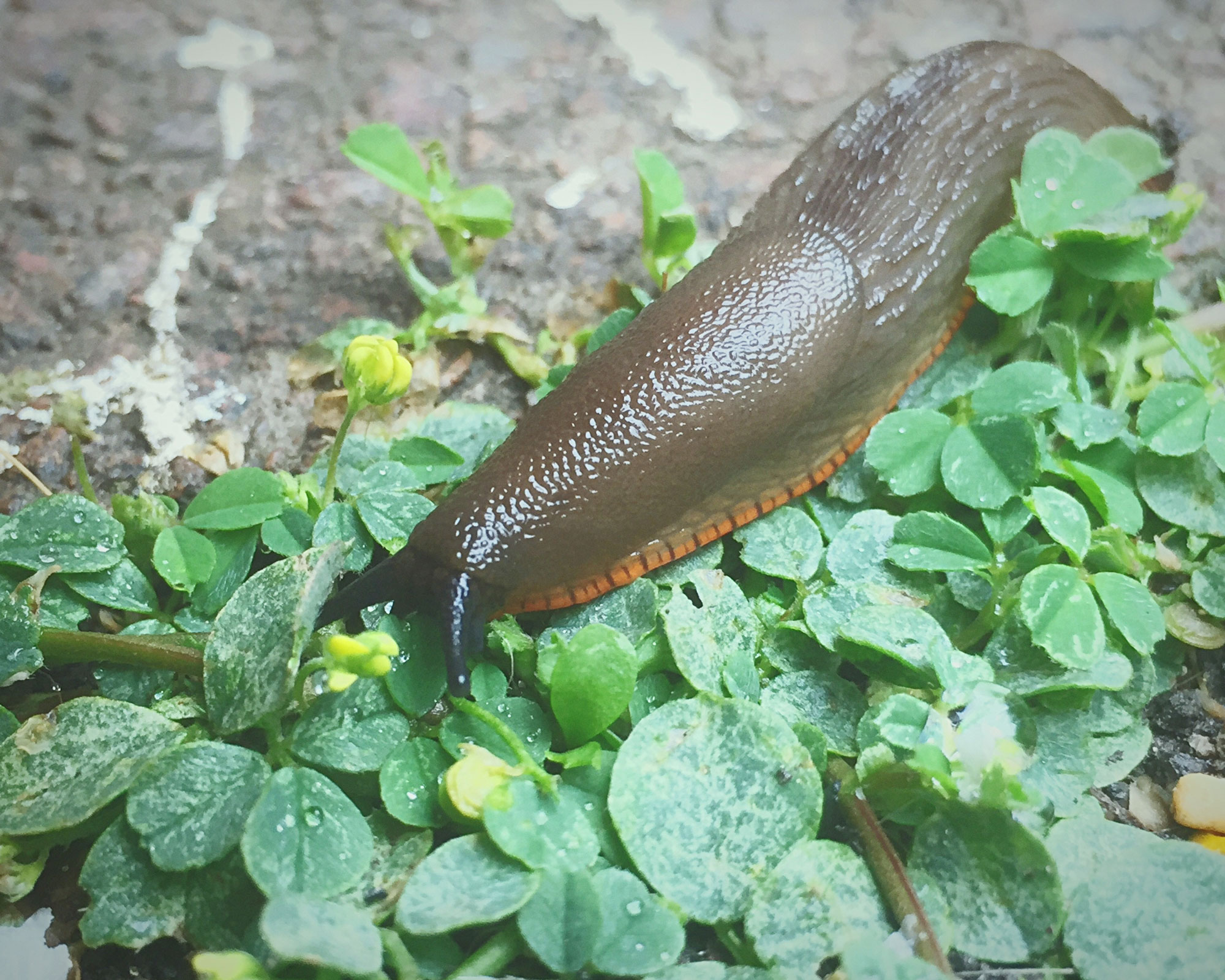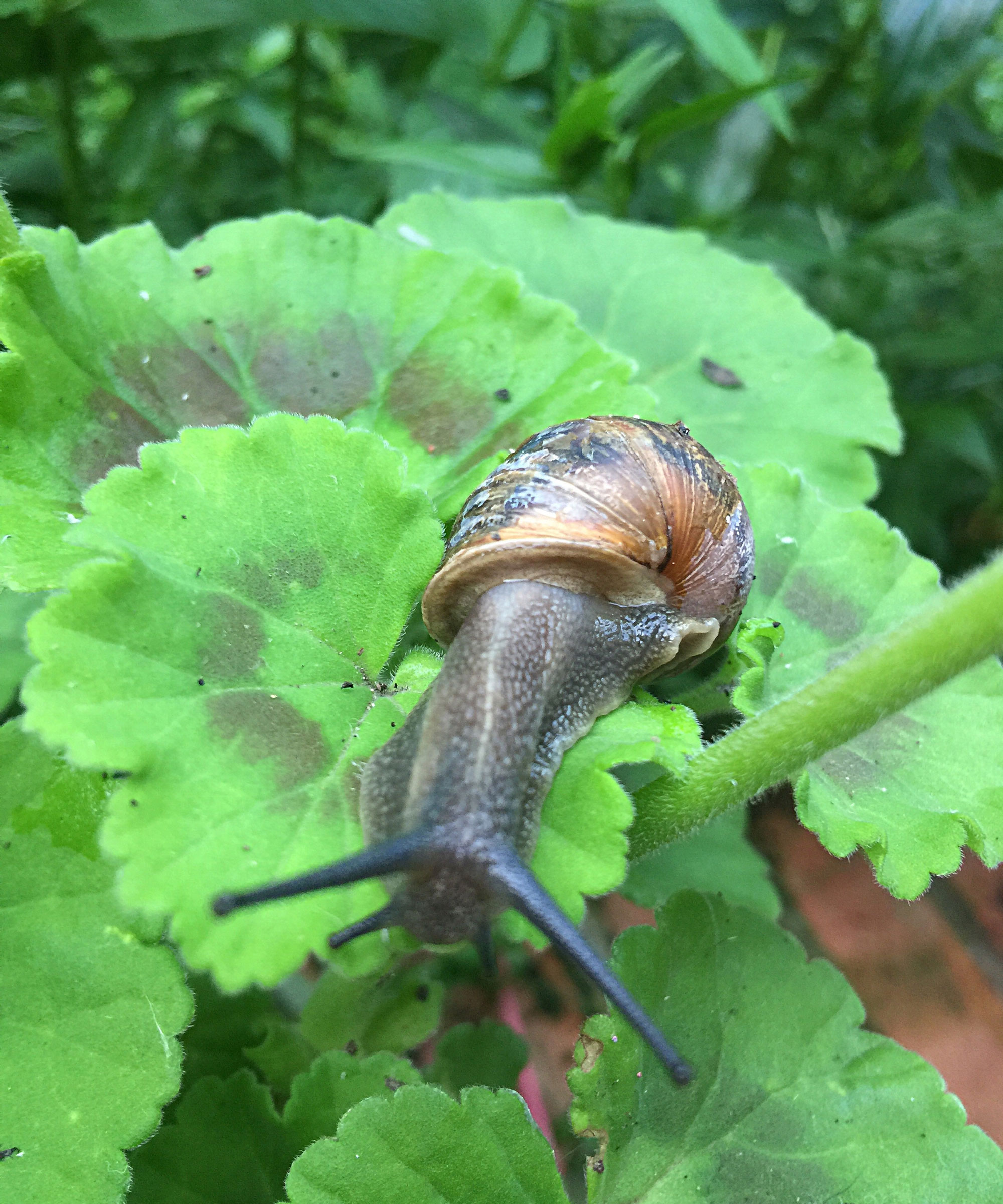Slugs are no longer being classed as pests by the RHS
The Royal Horticultural Society says slugs are 'garden visitors' playing an important role in healthy ecosystems and that they're ready for a rebrand


The Royal Horticultural Society will no longer class slugs and snails as pests. Instead, the UK's leading gardening charity is encouraging gardeners to live and let live, and accept the presence of these creepy crawlies on their plot.
Because of their key role in maintaining healthy eco-systems, the RHS says it's time for slugs to have some 'positive PR.' Slugs are known for chomping their way through hostas, lettuces, and other prized plants.
But the charity says finding out how to get rid of slugs with pellets and other solutions should cease to be a priority for gardening lovers.

Slugs no longer classed as pests
Andrew Salisbury is the principal entomologist at the Royal Horticultural Society and provides advice and research on garden entomology. In an article for The Guardian, he says that it's time we recognize the important role they play in 'planet-friendly gardening' and maintaining eco-systems.
'At the RHS, we’re working to change perceptions by avoiding using the term “pest” when it comes to gardens – and I’d encourage you to do the same,' Andrew writes. 'Amid the climate and biodiversity emergencies, now is the time to gracefully accept, even actively encourage, more of this life into our gardens.'

He points out that slugs are misunderstood. Only nine of the 44 known species of slugs in the UK are actually likely to be eating our plants.
Andrew Salisbury also says that the recent decline in invertebrates, or 'insect apocalypse,' calls for some positive PR for slugs, which for such a long time have been considered gardener enemy number one.
Dr Salisbury says that slugs perform a range of roles, from recycling dead plant material and animal waste to providing food for other more popular garden visitors, such as birds and hedgehogs. They also remove algae from greenhouses.

The RHS will no longer be publishing its annual list of most complained-about pests, encouraging gardeners to embrace a more eco-friendly approach and rewilding the garden instead of keeping things pristine.
If you're thinking, 'But what about my hostas?' you could let a corner of your garden grow wild while maintaining some level of 'garden visitor' control elsewhere.

Millie Hurst has worked in digital journalism for five years, having previously worked as a Senior SEO Editor at News UK both in London and New York. She joined the Future team in early 2021, working across several brands, including Gardeningetc. Now, she is Senior Content Editor at Ideal Home, taking care of evergreen articles aimed at inspiring people to make the most of their homes and outdoor spaces.
